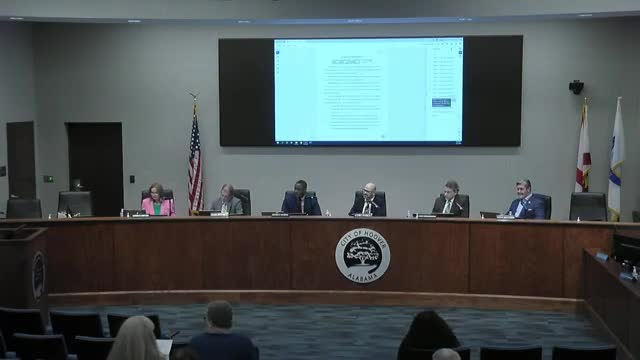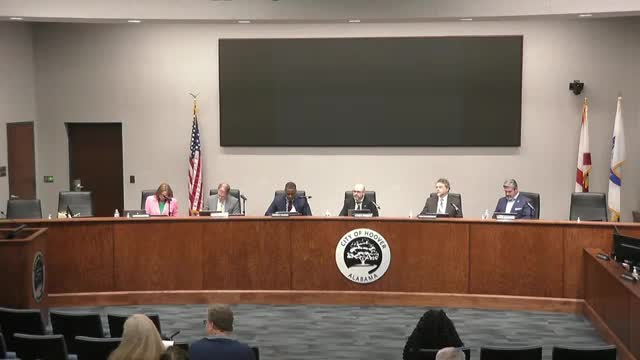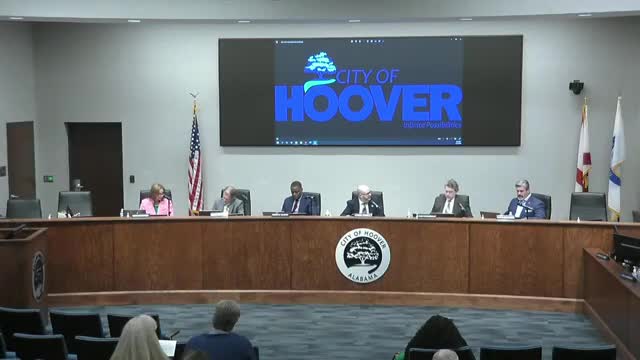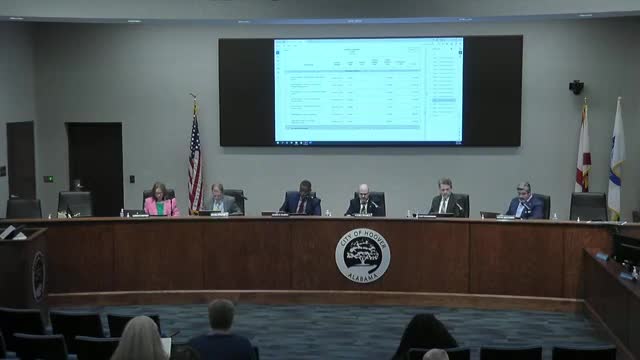Article not found
This article is no longer available. But don't worry—we've gathered other articles that discuss the same topic.

Council approves stormwater assessment funding, authorizes emergency pipe repair; resident urges action on NPDES comments

Hoover reports modest revenue gains for five months; lodging taxes lag, MSA designation draws attention

Votes at a glance: Hoover council approves licenses, public-safety equipment, facility use and routine items; one major infrastructure item continued

